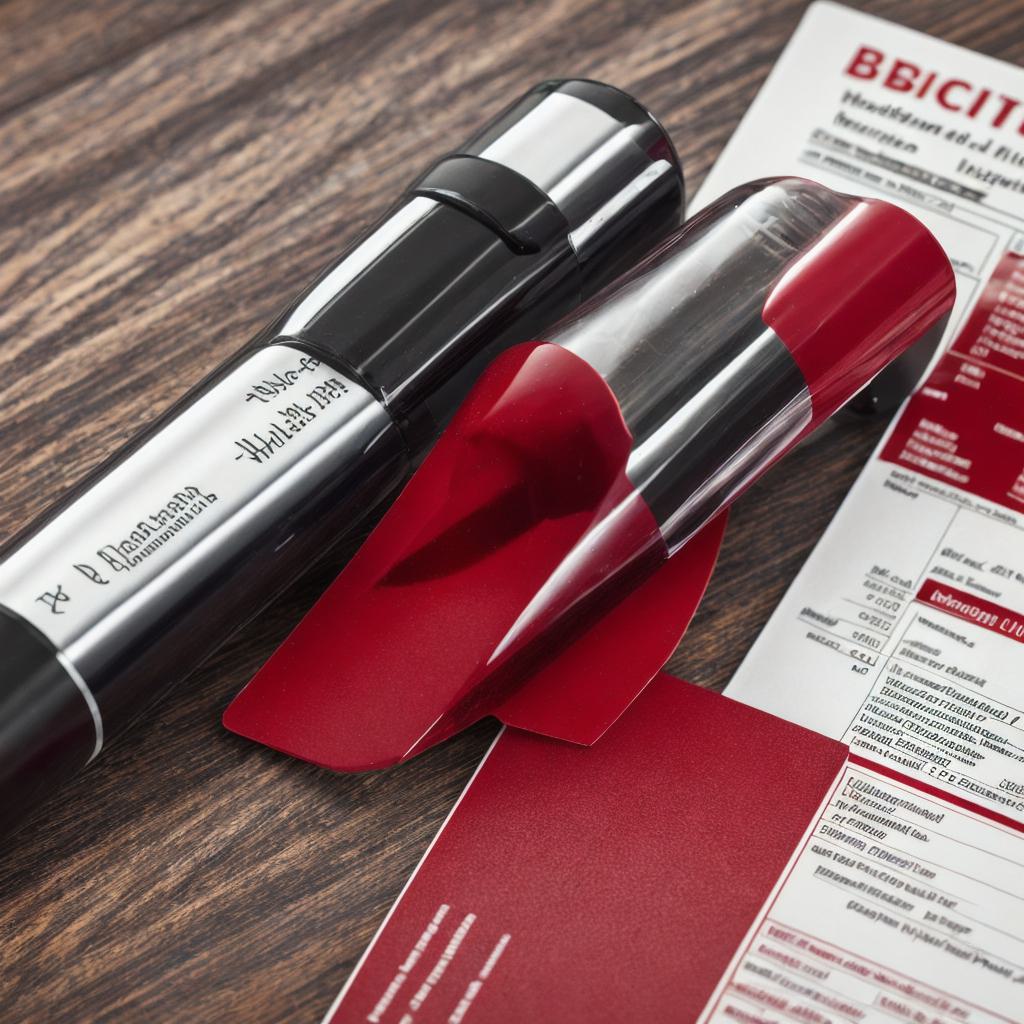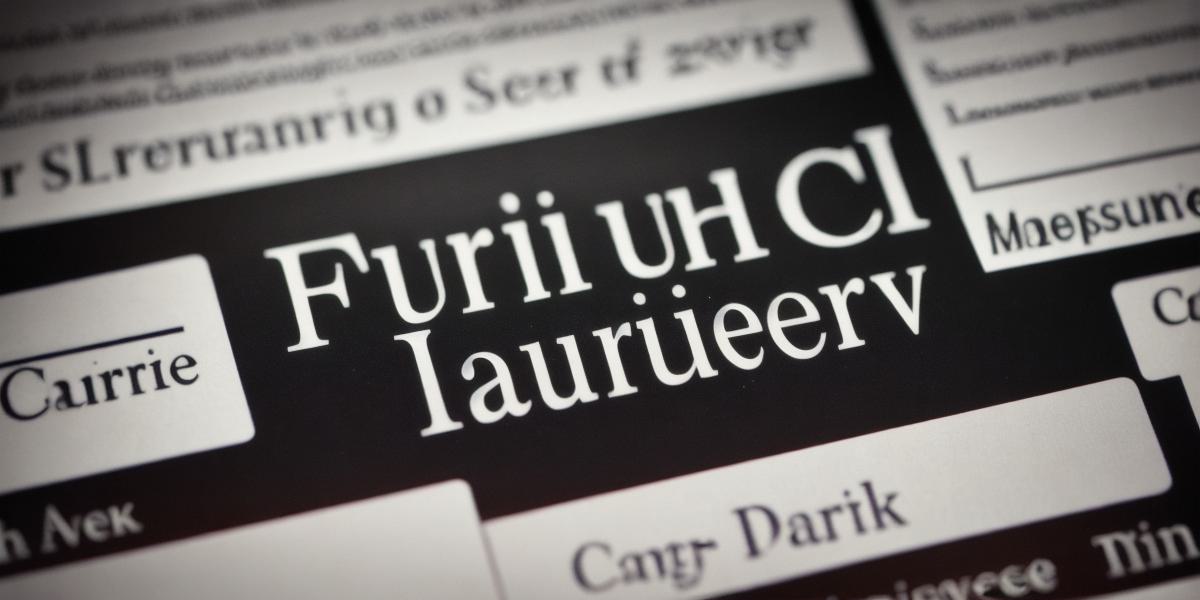Introduction:
Habitual drunkenness can be a significant factor in a divorce case, as it may affect the health, safety, and well-being of both parties. In order to gather evidence for habitual drunkenness during a divorce, there are several strategies that you can employ. In this guide, we will explore some of the most effective ways to collect evidence and present it in a way that is likely to be persuasive to a judge or jury.
Section 1: Understanding Habitual Drunkenness
Before diving into how to gather evidence for habitual drunkenness during a divorce, it’s important to understand what this term means and why it’s relevant. Habitual drunkenness refers to the repeated and excessive consumption of alcohol over an extended period of time. It can lead to a range of negative consequences, including impaired judgment, increased risk of accidents, and damage to relationships with family and friends. In a divorce case, evidence of habitual drunkenness may be used to demonstrate that one party has engaged in behavior that is harmful or dangerous.

Section 2: Collecting Evidence of Habitual Drunkenness
Once you have a clear understanding of what habitual drunkenness entails, the next step is to collect evidence that supports your case. Here are some strategies that may be helpful:
- Medical Records: If you or your spouse has sought medical treatment for alcohol-related issues, such as addiction or liver damage, these records can provide strong evidence of habitual drunkenness. These records may include blood tests, urine tests, and other types of medical evaluations that show a pattern of excessive alcohol consumption.
- Social Media: Social media accounts can be a treasure trove of evidence for habitual drunkenness. If you or your spouse have posted photos or videos of yourself consuming alcohol, or if you have written posts about drinking or partying excessively, these can be used to support your case.
- Witness Testimony: If you know someone who has witnessed your spouse’s excessive drinking, they may be able to provide testimony that supports your case. This could include friends, family members, coworkers, or even strangers who have observed your spouse’s behavior in public.
- Police Records: If your spouse has been arrested for driving under the influence or other alcohol-related offenses, these records can provide powerful evidence of their habitual drunkenness. These records may include blood tests, breathalyzer results, and witness statements.
Section 3: Analyzing and Presenting Evidence
Once you have gathered evidence to support your case, it’s important to analyze and present it in a way that is likely to be persuasive to a judge or jury. Here are some tips for doing this effectively:
- Organize Evidence: Before presenting your evidence, make sure it is well-organized and easy to understand. This may include using headings, bullet points, and other formatting tools to help the reader navigate the information.
- Provide Context: Make sure that your evidence is presented in a way that provides context for the behavior in question. For example, if you are presenting evidence of your spouse’s drinking at work, make it clear why this is relevant and how it may be affecting their ability to perform their job.
- Use Expert Testimony: If possible, consider using expert testimony to support your case. This could include testimony from a medical professional who has treated your spouse for alcohol addiction, or a mental health professional who can speak to the psychological effects of habitual drunkenness.



